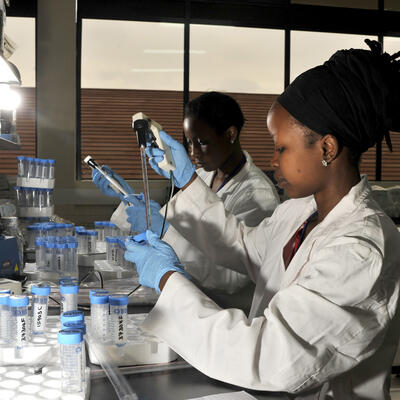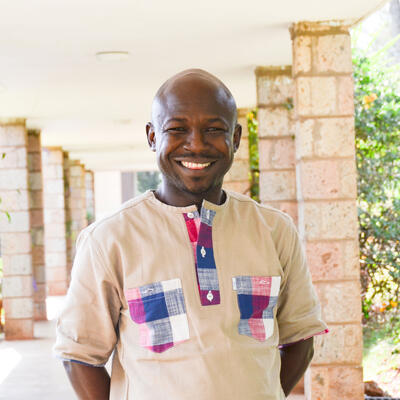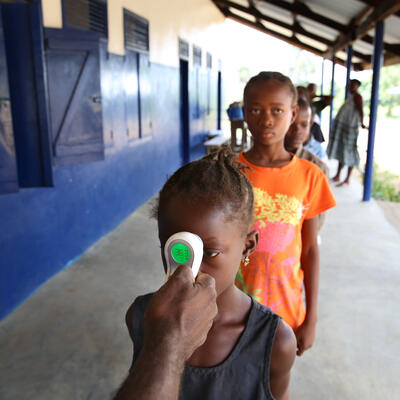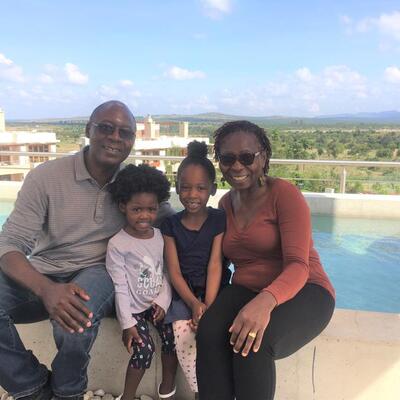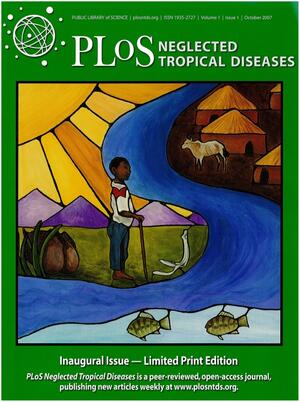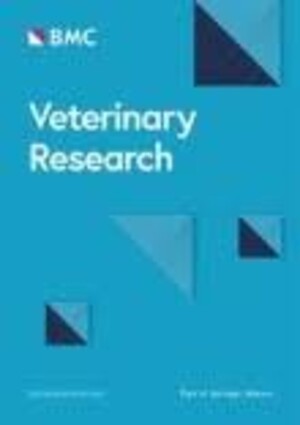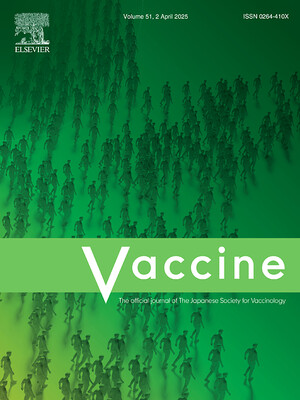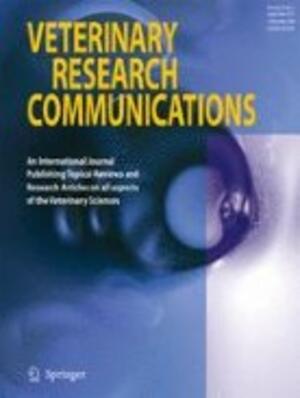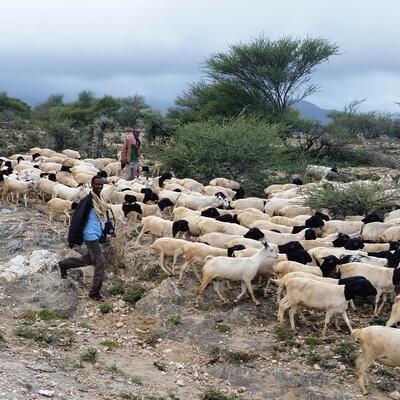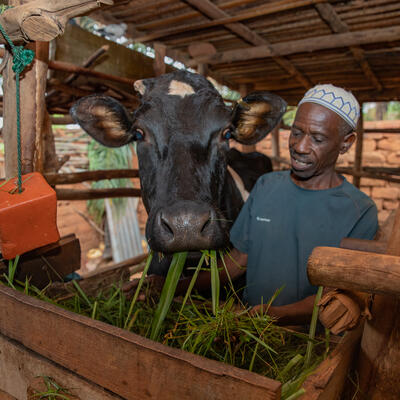
ONE HEALTH FOR AFRICA: Germany’s BMZ initiates a new ‘One Health Research, Education and Outreach Centre for Africa’

Germany’s parliamentary state secretary, Maria Flachsbarth, and ILRI’s deputy director general, Dieter Schillinger, signed a letter of intent in to formalize a One Health Research Centre for Africa (photo credit: ILRI/Paul Karaimu).
Today, the German Federal Ministry for Economic Cooperation and Development (BMZ) and the International Livestock Research Institute (ILRI) signed a letter of intent to establish a ‘One Health Research, Education and Outreach Centre for Africa’ (OHRECA) to be hosted by ILRI, which is headquartered in Nairobi, Kenya. Coming one week after global celebrations of One Health Day, on 3 November, Germany’s parliamentary state secretary, Maria Flachsbarth, and ILRI’s deputy director general, Dieter Schillinger, signed the letter of intent in Nairobi, Kenya to formalize this initiative.
Establishment of this new One Health centre in and for Africa will enhance the health of people, animals and the environment alike by tackling the health problems in all three sectors jointly and holistically. Specifically, the new centre will help develop greater capacity, support One Health initiatives on the continent and refine pathways leading from evidence to policy and practice.
OHRECA will cooperate with other One Health initiatives to reduce incidences of ‘zoonotic’ diseases, which are passed between animals and people; of food-borne diseases, which often involve contaminated meat, milk and eggs; and of antimicrobial resistance in bacteria and other microbes causing diseases in people and animals.
Several large-scale projects funded by BMZ are already employing One Health approaches. These include ‘Safe Food, Fair Food’ and ‘BUILD Uganda’ projects funded by BMZ and led by ILRI. ILRI and its partners have been investigating diseases that affect both people and animals in an ecosystem context for more than four decades.
OHRECA will draw on the expertise, resources and state-of-the-art research facilities of several centres of excellence operating within ILRI. These include ILRI’s Mazingira Centre, which is tackling problems at the interface of livestock, the environment and climate change; a newly established CGIAR Antimicrobial Resistance Hub, a global research and development partnership for reducing agricultural-associated antimicrobial resistance; and Biosciences for eastern and central Africa Hub, a shared agricultural research and biosciences platform that increases access to affordable, world-class research facilities for capacity building, training and development.
Through OHRECA, BMZ and ILRI look forward to working with Africa’s One Health experts to bring together communities, policymakers and scientists to tackle the continent’s shared animal, human and environmental health problems.
About BMZ
The German Federal Ministry for Economic Cooperation and Development (BMZ) formulates and steers Germany’s development assistance and is heavily guided by international commitments to alleviate world poverty. Germany’s aid strategy includes support for renewable energy and energy efficiency, climate and development, agriculture and food security and environment and natural resources.
About ILRI
The International Livestock Research Institute (ILRI) is a non-profit institution working for better lives through livestock. Working in extensive partnerships, ILRI helps people in developing countries keep their farm animals alive and productive, increase their livestock and farm productivity in sustainable ways, find profitable markets for their animal products, and reduce the risk of livestock-related human diseases. Employing some 700 staff and operating an annual budget of about USD80 million, ILRI is co-hosted by Kenya and Ethiopia and works through a network of 14 regional and country offices and projects across Asia and sub-Saharan Africa. It delivers science-based practices, provides scientific evidence and develops capacity in livestock development.
About CGIAR
ILRI is a member of CGIAR, a global research-for-development partnership working in 15 centres for a food-secure future. As the world’s largest global agricultural innovation network, CGIAR brings evidence to policymakers, innovations to partners and new tools to harness the economic, environmental and nutritional power of agriculture in developing countries.
For more information, contact
Ekta Patel, PhD
Communications Manager-Bioscience Directorate
ILRI
www.ilri.org
P.O. Box 30709-00100, Nairobi, Kenya
Tel: +254 020 4223411
Email: e.patel@cgiar.org






